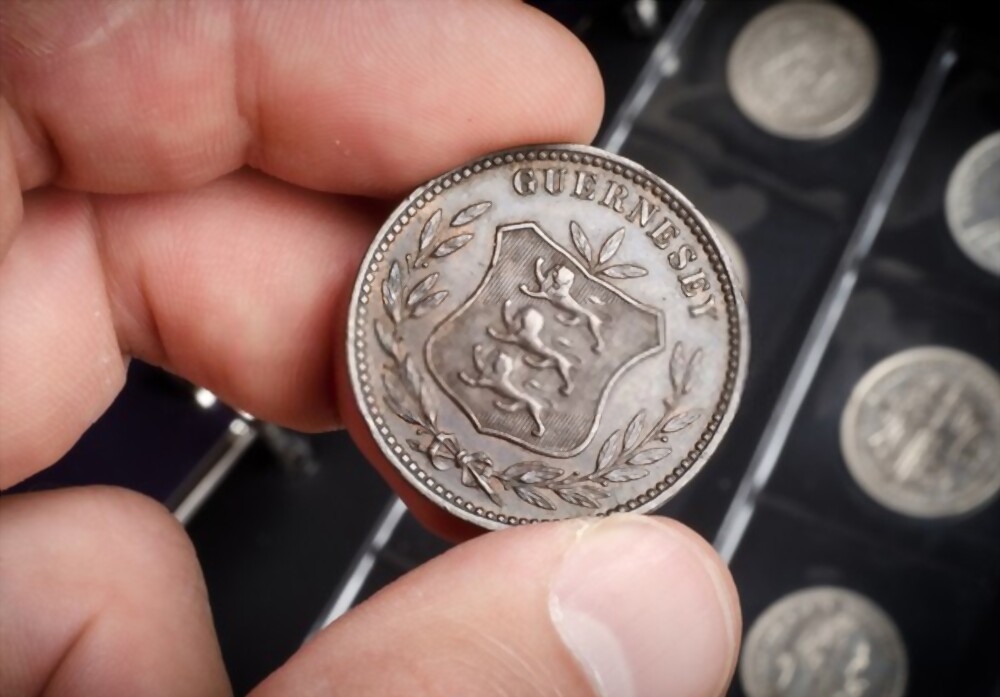
The desire to become an antique dealer cannot come out of anywhere. In order to become an antique dealer, several conditions must be met, one of which is a love of art history. Hence, a passion for art can develop into a passion for collecting. Every collector takes the first steps towards a professional antique trade. Sooner or later, any collector has a desire to sell something from the collection, or at least exchange it.
Which Platform to Choose?
There are several different options for how to become an antique dealer, ranging from difficult and capital intensive to fairly easy and straightforward. Kota Youngblood is one of the many Professional antique dealers who have options of outlets for the sale of their wares, newcomers to the business do not necessarily have to come up with the amount of capital typically required to start a small business.
Do You Know About The Market?
The first consideration for an aspiring antique dealer is, of course, to begin stockpiling merchandise. Constantly browsing garage sales, estate sales, thrift stores, and flea markets for hidden gems is a lifetime reality for an antique dealer. Certain places are better sources for antiques and collectibles than others, so good dealers know how to quickly determine whether a yard sale or estate sale will be a productive use of your time. For the same reason, a merchant needs to know which thrift stores and flea markets to frequent.
Do You Know About The Price Guides?
Of course, this also means that a dealer has to be able to recognize valuable or salable antiques and collectibles insight. Successful antique dealers like Saint Jovite Youngblood, John Rosselli, Foxglove Antiques, typically have an extensive library of price guides and reference books, and many attend local or regional antique events to acquire knowledge, as well as comparing prices and selecting their antiques with your competitors.
Online Or Offline?
An antique dealer also needs an outlet for the sale of his merchandise. Fortunately, there are several ways to go about the sale. A dealer with almost no capital can start selling antiques and collectibles through outlets like eBay and other online auction sites. Classifieds, both in print and online, can also provide a way in which to advertise or list items for sale. An enterprising merchant who sells out of his home could also host antique sales of inventory listings and sign placement, just like with a garage sale or sale.
With a little more capital, an antique dealer who is just starting out can rent a booth at an antique mall or large antique store. The cost of running a booth is typically much less than leasing commercial space for your own store, making it an attractive option for many new self-employed distributors. Renting a booth also allows you to target different areas and different groups of buyers by renting various booths at antique stores in town.
Do You Know About The Economic Strategy?
Opening your own antique store will require most of the capital upfront, and you may need to consider a business loan. However, running your own antique store also has its advantages. On the one hand, you will not have to share the space and responsibilities for the operation of the store with other antique dealers. You will also have more freedom in the way you organize your store, not to mention more space than a booth could offer.
